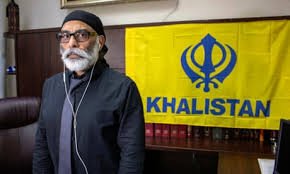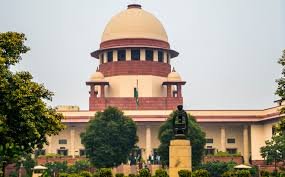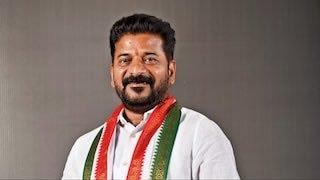After Rahul Gandhi criticised External Affairs Minister S. Jaishankar for reportedly informing Pakistan at the beginning of Operation Sindoor, the Ministry of External Affairs clarified that the communication came after strikes had commenced, not before.
BY PC Bureau
Leader of the Opposition Rahul Gandhi on May 17 launched a sharp critique against External Affairs Minister S. Jaishankar, accusing him of jeopardizing national security by allegedly alerting Pakistan in advance of India’s military strikes on terror infrastructure.
Calling the move a “crime,” Gandhi took to social media platform X on Saturday to question the decision:
“Informing Pakistan at the start of our attack was a crime. EAM has publicly admitted that the Government of India did it. Who authorised it? How many aircraft did our Air Force lose as a result?”
Gandhi’s remarks referred to Jaishankar’s public statement made Thursday, where he said India had conveyed to Pakistan at the beginning of the operation that the military action was aimed solely at terrorist targets—not military installations.
Informing Pakistan at the start of our attack was a crime.
EAM has publicly admitted that GOI did it.
1. Who authorised it?
2. How many aircraft did our airforce lose as a result? pic.twitter.com/KmawLLf4yW— Rahul Gandhi (@RahulGandhi) May 17, 2025
“At the start of the operation, we had sent a message to Pakistan, saying we are striking at terrorist infrastructure and not the military. So the military had the option of standing down and not interfering. They chose not to take that advice,” Jaishankar said.
ALSO READ: Opinion: Is Shashi Tharoor on Borrowed Time in Congress?
This communication reportedly took place in the early hours of May 7, shortly after the Indian Air Force, along with other branches of the military, struck nine terrorist locations across Pakistan and Pakistan-occupied Kashmir in a coordinated operation between 1 a.m. and 1:30 a.m.
According to reports, Lt Gen Rajiv Ghai, India’s Director General of Military Operations, contacted his Pakistani counterpart Maj Gen Kashif Abdullah to inform him that the targets were non-military and carefully selected to avoid escalation. The call also conveyed India’s openness to dialogue.
MEA Responds: “Misrepresentation of Facts”
The Ministry of External Affairs (MEA) issued a strong rebuttal, accusing Gandhi of distorting the timeline and misrepresenting the facts.
ALSO READ: Israeli Strikes Kill 146 in Gaza, Including 34 Children
“The External Affairs Minister had said we warned Pakistan at the start—meaning early in the operation, not before its commencement. This is being wrongly portrayed. Such deliberate misrepresentation must be called out,” said the MEA in an official statement.
BJP Accuses Gandhi of Spreading Misinformation
The Bharatiya Janata Party (BJP) also pushed back against Gandhi’s remarks. BJP spokesperson Pradeep Bhandari shared a fact-check post by the Press Information Bureau (PIB) which labeled the allegations as misleading.
“The claim that India informed Pakistan before the start of Operation Sindoor is false. The External Affairs Minister has been misquoted. No such statement was made,” the PIB post stated, urging the public to remain alert against misinformation.
ALSO READ: Horror Myanmar Children Face (2): Hundreds of Innocents Slaughtered
Air Force Losses: No Official Confirmation
During a joint media briefing on May 11, Air Marshal A.K. Bharti, Director General of Air Operations, declined to confirm whether India had lost any aircraft during the strikes.
“Losses are part of any combat,” Bharti said, “but all strategic objectives were achieved, and every IAF pilot returned home safely.”
The war of words marks a fresh political flashpoint following Operation Sindoor, which was hailed by the government as a precise and decisive counter-terrorism mission. Gandhi’s questions over transparency and authorization, however, have intensified scrutiny over the government’s decision-making during wartime.
ALSO READ: No Headway in Tracking Pahalgam Attackers After Four Weeks
The ruling BJP insists that such allegations only serve to weaken national morale, while the opposition maintains that public accountability remains essential—even in matters of war.














